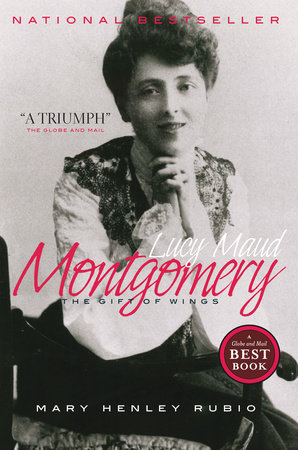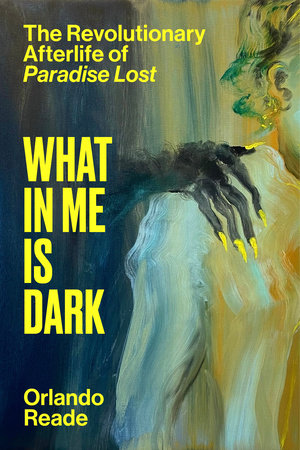

Lucy Maud Montgomery
By Mary Henley Rubio
By Mary Henley Rubio
By Mary Henley Rubio
By Mary Henley Rubio

-
$25.00
Apr 13, 2010 | ISBN 9780385667609
-
Feb 18, 2011 | ISBN 9780385674812
YOU MAY ALSO LIKE
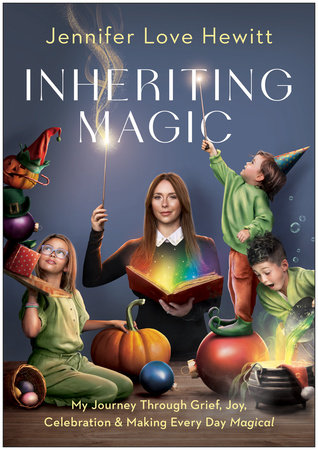
Inheriting Magic

Giant Love
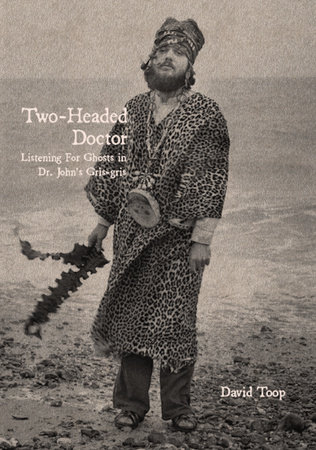
Two-Headed Doctor
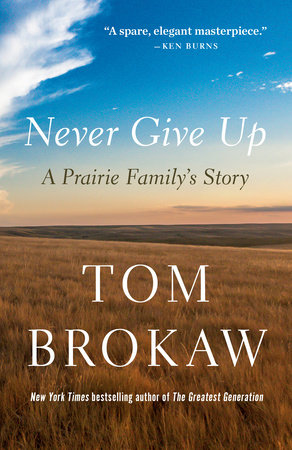
Never Give Up
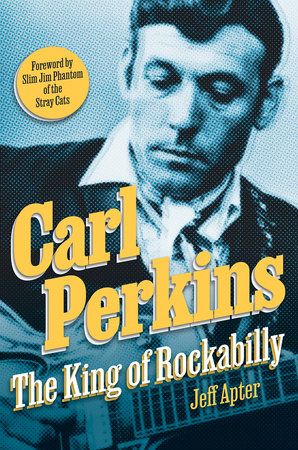
Carl Perkins

Joan Didion: Memoirs & Later Writings (LOA #386)
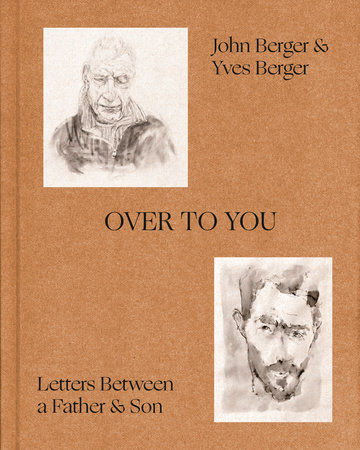
Over to You
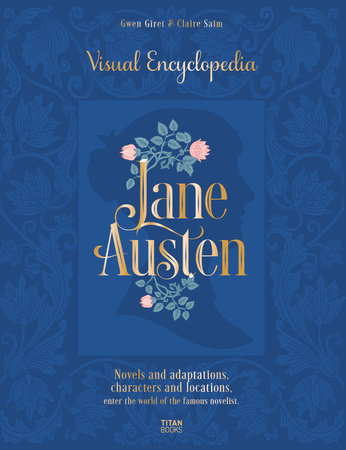
Jane Austen: Visual Encyclopedia
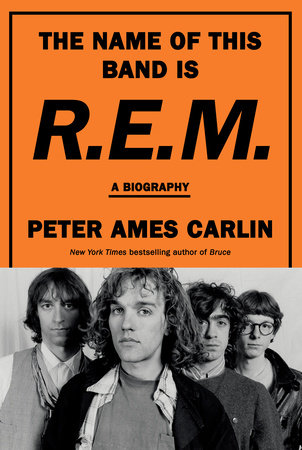
The Name of This Band Is R.E.M.
Praise
"Rubio deftly paints the portrait of a multitasking modern woman with an amazing work ethic. The biography soars with the energy of its title, but delves even deeper into Montgomery’s dark side."
— The Globe and Mail
"A poignant story about a real family…. The result of Rubio’s research is pure Canadian Gothic: a story of sexual repression, class conflict and family secrets."
— The Gazette (Montreal)
"Absolutely gripping … nothing short of brilliant, an un-put-downable read, and a wonderful examination of this troubled woman’s tragic life."
— Ottawa Citizen
"Magisterial."
— National Post
Table Of Contents
Introduction
The PEI Years 1874—1911
The Leaskdale Years 1911—1926
The Norval Years 1926—1935
The Toronto Years 1935—1942
Epilogue
Acknowledgements
Endnotes
Select Bibliography
Index
21 Books You’ve Been Meaning to Read
Just for joining you’ll get personalized recommendations on your dashboard daily and features only for members.
Find Out More Join Now Sign In






